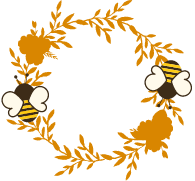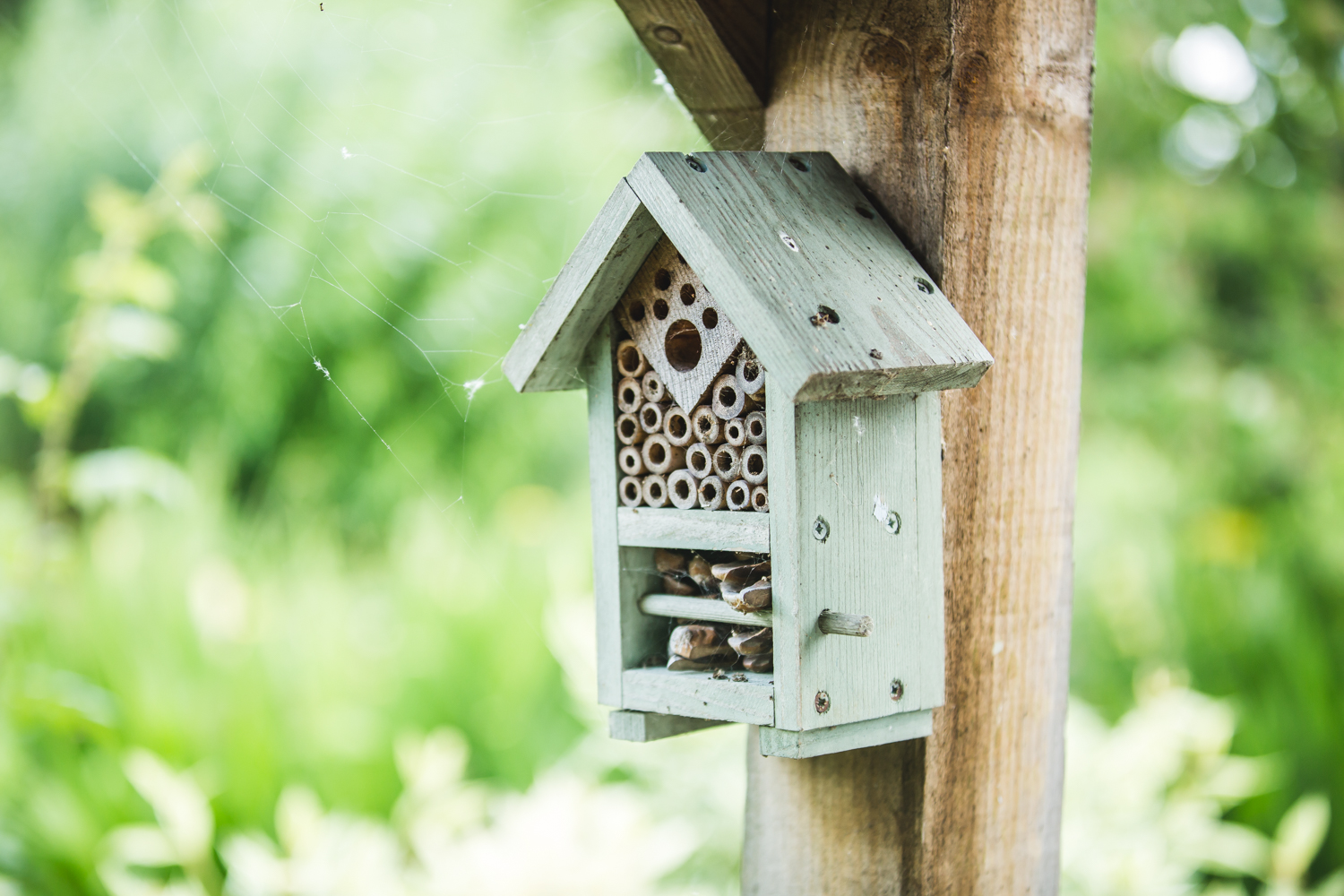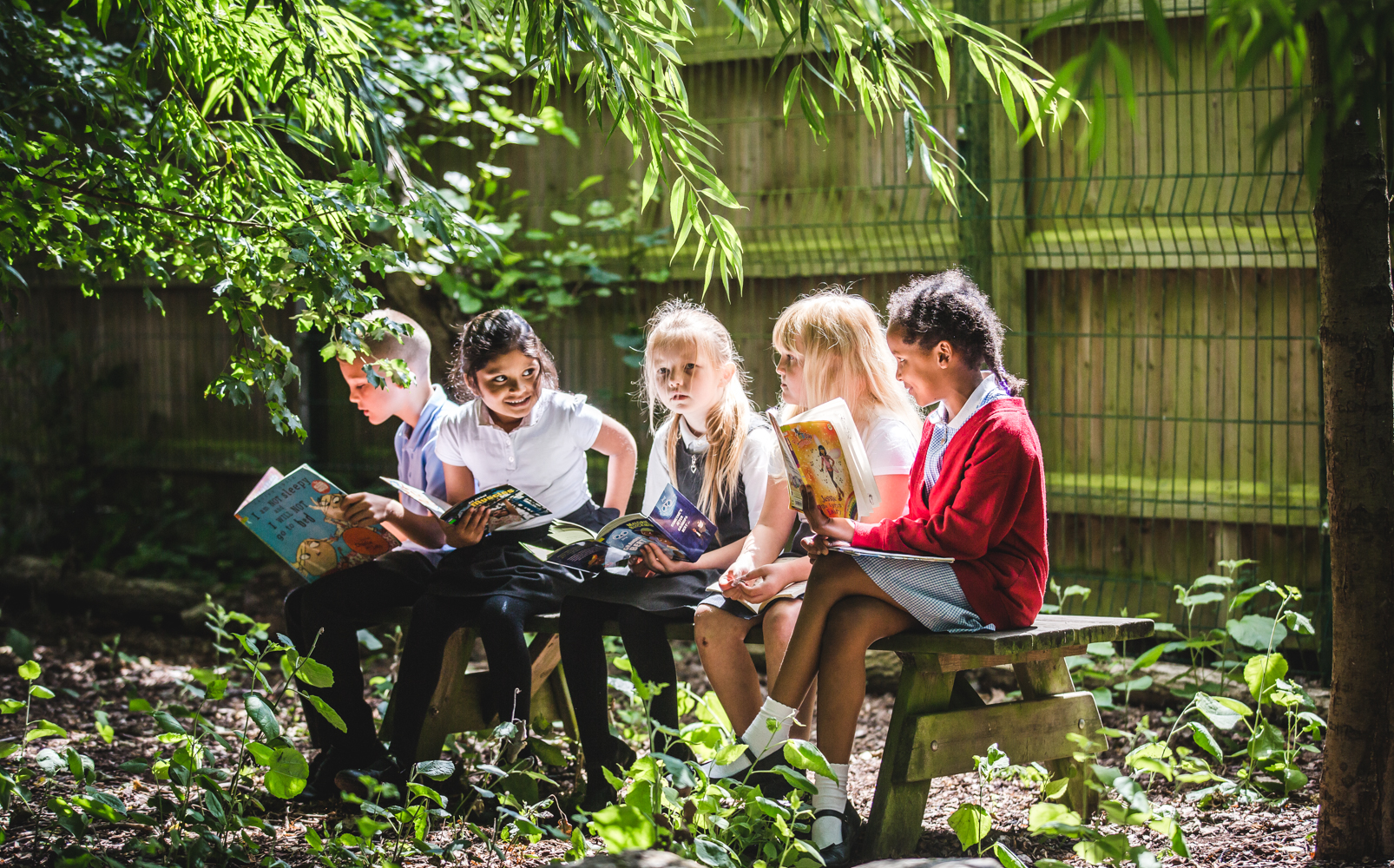English
English is taught daily as a discrete subject, but also features heavily in many other curriculum areas.
English consists of reading, writing, spoken language, handwriting, phonics, spelling, vocabulary, punctuation and grammar. We use the English programmes of study for key stages 1 and 2.
Reading
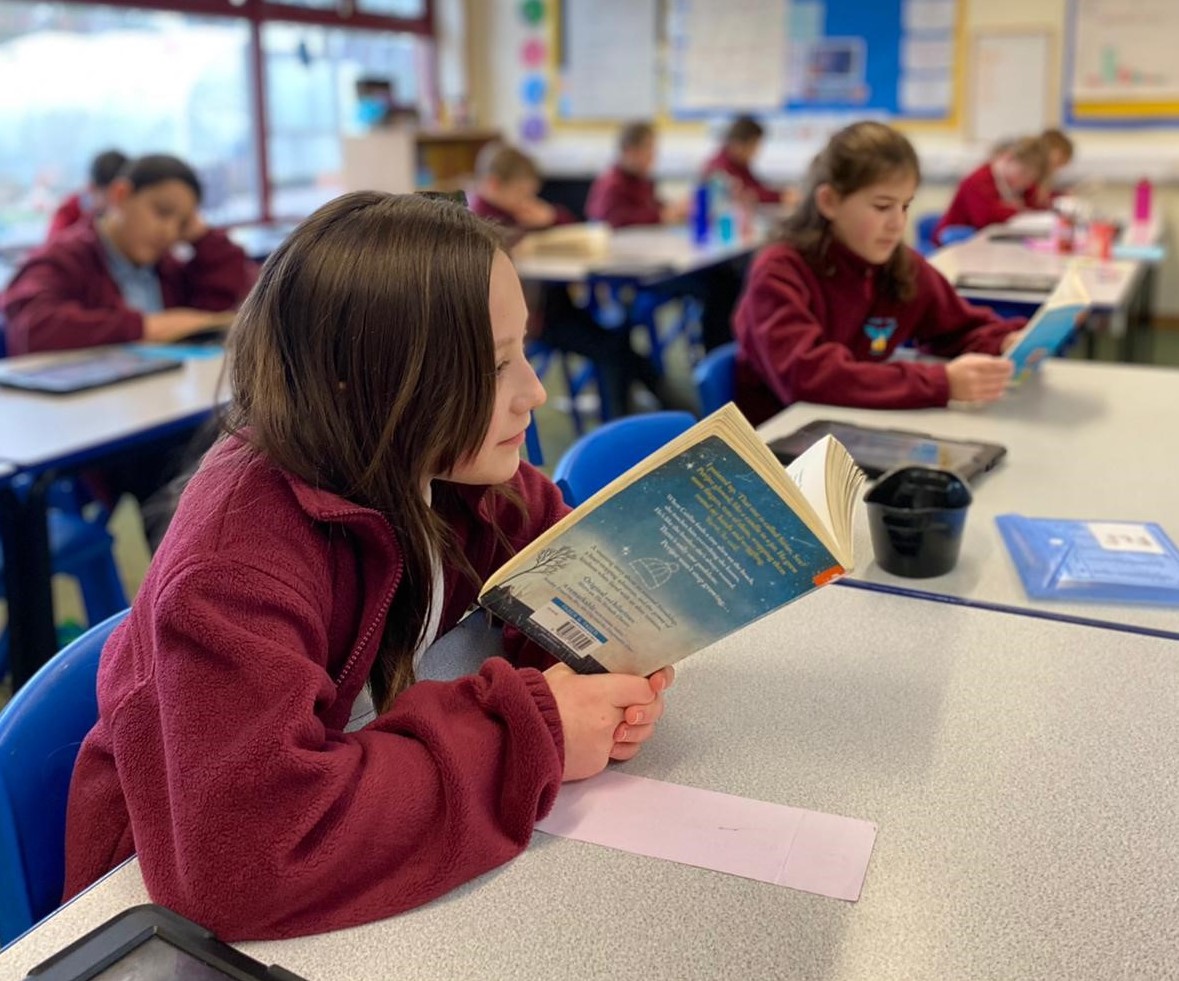
In reception and year 1, children read the decodable reading books from Little Wandle. They have three reading practice sessions over the week in school with a session each on decoding, prosody, and comprehension using the same book. They are taught phonic skills to help them decode words and are encouraged to develop expression, fluency and comprehension as their reading skills progress. Building up fluency is the main aim of these reading sessions.
Younger children take home both their Little Wandle reading book, matched to their phonics ability, and a "reading for pleasure" story book which can be read to them to encourage and develop a passion for books and reading. Parents are encouraged to read with and to their children.
Once children are able to decode words and read with increased fluency, they are able to access a reading program called Accelerated Reader. The program provides quizzes for the children to take once they have read a book which improves their comprehension.
It is our aim that children should become readers for life. A wide range of texts are available for children to read, including fiction and non-fiction, with diverse and inclusive texts forming a bank of literature for children to choose from. This is constantly being monitored, improved and updated.
Phonics
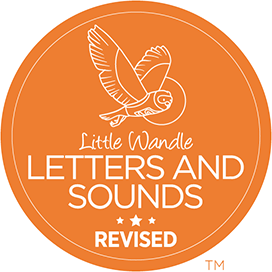 Our school uses Little Wandle Letters and Sounds Revised to plan carefully for the systematic teaching of phonics in school. Phonics is an essential element in teaching children to read and write with whole class phonic sessions taking place daily in EYFS and KS1. Through a consistent and structured approach, children are able to practise and develop skills in an effective and enjoyable way.
Our school uses Little Wandle Letters and Sounds Revised to plan carefully for the systematic teaching of phonics in school. Phonics is an essential element in teaching children to read and write with whole class phonic sessions taking place daily in EYFS and KS1. Through a consistent and structured approach, children are able to practise and develop skills in an effective and enjoyable way.
Writing
Writing is an essential skill, which features in many curriculum areas. The emphasis is always on providing a real purpose and audience for the children. Writing includes developing sentence structure, building vocabulary, text organisation and writing different genres. Children are encouraged to write independently from their earliest days in school and continue to build upon this foundation through the school.
Throughout this process, pupils are given focused and actionable feedback on their work to allow them to develop their writing skills further. At the end of each unit of work, pupils produce an independent piece of writing, deploying the techniques they have been taught.
Spoken language and vocabulary
Spoken language and vocabulary is promoted in all subjects and is one of the key drivers in our curriculum. Activities include discussion, presentations, sharing stories and poetry, role play, debate and drama.
Handwriting
From the time they begin school, children are taught basic letter formation, using the Little Wandle Letters and Sounds teaching. In year 1, there is a transition to a cursive handwriting style, which is taught and practised frequently, using the Teach Handwriting programme. This programme is then continued throughout the school.
Spelling
Throughout foundation stage and year one, pupils are explicitly taught the skills of phonological awareness, segmenting and sight recognition, following the progression of Little Wandle Letters and Sounds (link to phonics section). From year two, once phonic knowledge is embedded, spelling is taught through the use of phonics for spelling, an approach which focuses on explicitly teaching the different grapheme correspondences for phonemes. In addition to this, work is planned to investigate the morphology of spelling, identifying the meaning and purpose of affixes, teaching pupils how to apply these accurately. Pupils will also be taught about homophones and how to select the correct form of a word. In independent work, pupils are taught how to use sound mats and GPC grids to help them to spell accurately. Proof-reading for spelling is encouraged at an age-appropriate level and age-appropriate dictionaries are used to support this.
Punctuation and grammar
Grammar and punctuation are taught as part of the writing sequence, linked tightly to the genres being studied, so that pupils are able to see these as integral elements of writing rather than isolated skills. Grammar and punctuation are taught progressively, using the objectives taken from the National Curriculum, which have been aligned to year groups in the writing progression document. Pupils will be explicitly taught grammar knowledge and will practise and apply this during their writing lessons, following modelling and scaffolding by staff. Finally, independent writing is used to show how pupils can apply this new knowledge in their own work.

